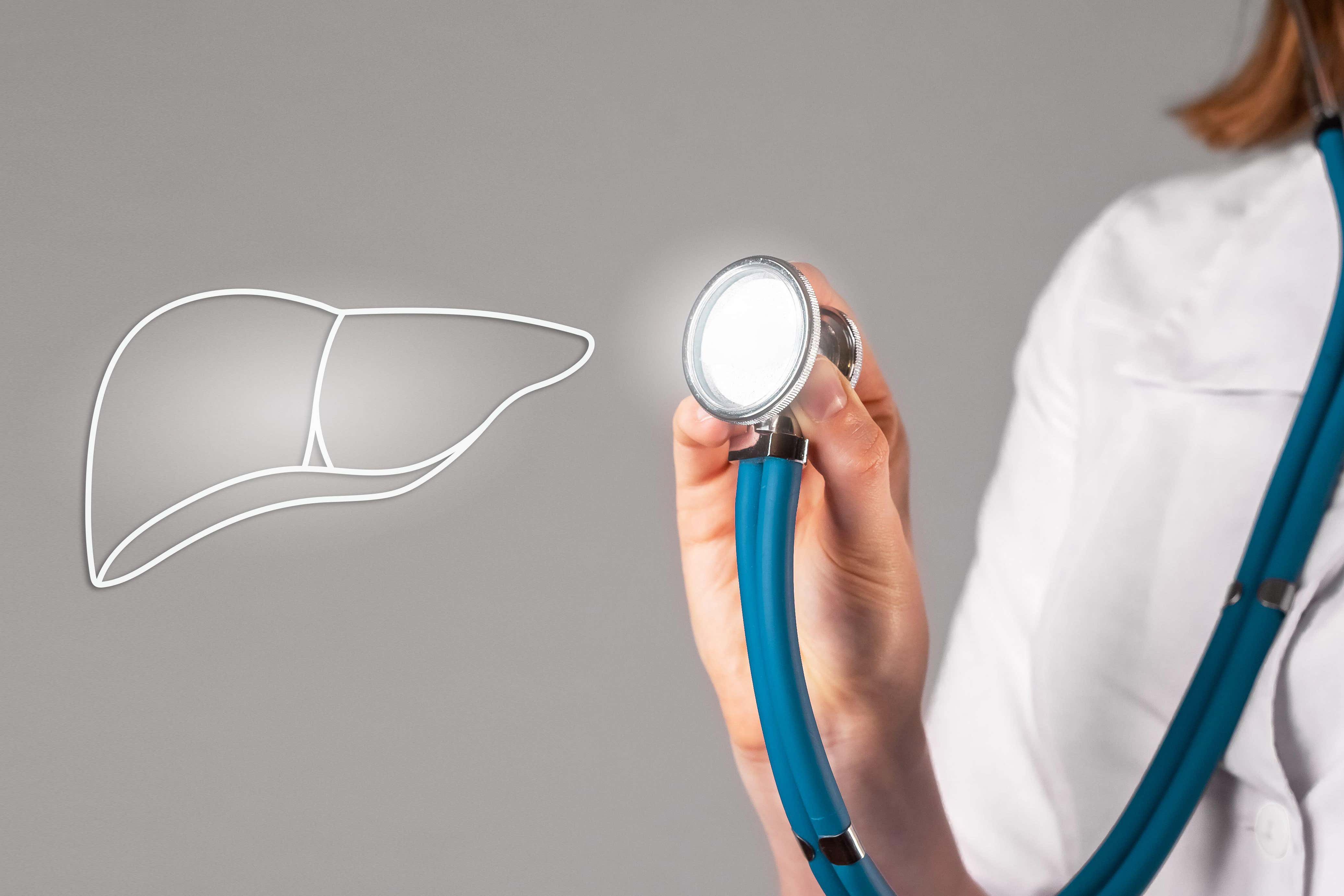NHS on-the-spot liver scans identify hundreds at risk of cancer
Scans have been carried out at GP practices, addiction recovery services, food banks, diabetes clinics, sexual health clinics and homeless shelters.

An NHS programme to deliver on-the-spot scans to people at risk of liver cancer has identified hundreds of people with disease that needs further checks.
Roaming trucks have visited cities including Bristol, Liverpool, London, Brighton and Nottingham to give people in high-risk communities the scans at GP practices, addiction recovery services, food banks, diabetes clinics, sexual health clinics and homeless shelters, NHS England said.
By this summer, more than 22,000 scans are expected to be completed as the trucks visit more locations across England.
From more than 7,000 scans carried out between June last year and this January, more than 830 people with cirrhosis or advanced fibrosis have been identified and referred for further care.
This innovative surveillance programme is bringing life-saving checks to people who are at a higher risk of liver cancer
These conditions are a leading cause of liver cancer.
People at risk, who are being targeted by the programme, include those who drink too much, those with viral hepatitis or a history of it, and people with non-alcoholic liver disease.
Around 6,100 people are diagnosed with liver cancer every year but the number of cases has doubled over the past decade and is expected to continue to rise.
Currently, only one in three liver cancers are diagnosed at an early stage but NHS chiefs hope the programme will help catch more cancers earlier.
Dame Cally Palmer, national cancer director for the NHS in England, said: “Building on the success of other community diagnostic schemes, like our lung trucks, this innovative surveillance programme is bringing life-saving checks to people who are at a higher risk of liver cancer, and who may have found it difficult to come forward or access health care otherwise.
“The on-the-spot liver scans have already found that one in 10 people in communities visited have advanced liver damage that needs further monitoring or treatment as it could lead to liver cancer – ensuring these people are seen early and referred on for further testing will help us to diagnose cancers at an earlier stage.
“We’ve already seen hundreds of people diagnosed at an earlier stage through our targeted lung cancer trucks, and now with the addition of NHS teams offering these vital liver checks in mobile trucks across the country, I urge anyone who is offered a scan in their community to take up the opportunity.”
Health Minister Helen Whately said: “We know the earlier we detect cancer, the earlier treatment can begin and the better the chance of a patient recovering.
“We are supporting the NHS to bring liver scans into the heart of communities to help tens of thousands of patients to receive a potentially life-saving diagnosis sooner”.
Symptoms of liver cancer include loss of appetite, unexpected weight loss, vomiting blood, and pain or swelling of the abdomen.
Bookmark popover
Removed from bookmarks